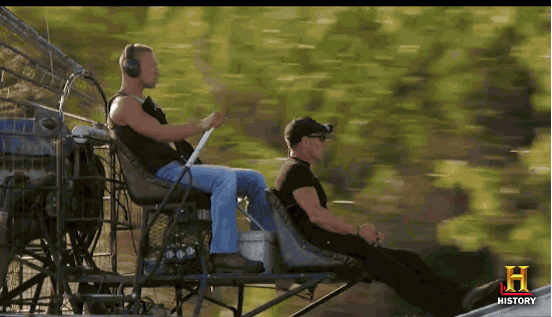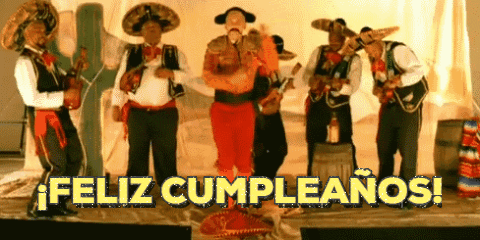Learning to live aboard a sailing boat is most certainly a learning experience with a steep upward curve, where we have to adapt to the peculiarities of doing infinitely more with substantially less. As more than one person has pointed out to us over the past two plus months, living on board a sailboat is much different than living in an apartment. For one thing, there has to be a clearly defined chain of command and a precisely delineated breakdown of responsibilities.

And everything needs to be organized. It's not just that anything not nailed down can go flying across the living space with a rough wake or a rogue wave -- it's that literally everything you own needs to be paired down to the absolute essentials. The toaster oven is gone. The percolator, gone. Those books we couldn't live without -- also gone.
The printer is next in line but we need to fill out hard copies of all kinds of immigration forms for us ansd the doggos -- so we might end up making room for it -- at least until we're relatively settled.
As the kids who just arrived from Key West, minus any kind of diesel engine, using an outboard motor as as their only method of non-sailing propellant in fifteen to twenty foot swells exhibited to us -- there is an infinite amount of adaptation and malleability to the human species. We make do with what we have at the time.

Sure, we could sail only in pristine conditions -- we could motor all the time -- we could use our autopilot all the time -- but that would belie the nature of what we're doing -- which is living in a manner outside the normal bounds of society, existing in the narrow confines of what academics term 'the other'. In many ways, we resemble the other tourists clogging North Beach on Isla Mujeres -- only we're cruisers, not cruise boat people or Cancun hotel dwellers out for a fun day.
Crossing international boundaries in a sailboat, doing hundreds of miles through the deep dark black of night is something that most people would consider insane (even in these days of GPS integration into seemingly every device), but we do it with planning, determined oversight and an immense amount of social consultation over way-points, routes, weather, etc. And yet we acknowledge that what we do is intrinsically crazy to lots of people, like breathing underwater must seem to people who don't SCUBA dive. We know we're taking chances with our lives that most people would avoid -- like being the only ship in the sea during a lightning storm dozens of miles from shore.

It's also easy to forget that we're living a relatively privileged existence in Mexico surrounded by mostly like-minded expats from America, Canada and Europe, where English is the language most commonly spoken and Spanish is primarily used as a vehicle to express respect to the locals -- not as a serious means of active communication. Which doesn't mean to say that I'm not working on my Espanol on a daily basis, attempting to improve my speaking and comprehension so that I can rely less on English as we move forward, but regardless I am quite obviously not a native Spanish speaker and that is apparent in almost every conversation I have with locals whose grasp of English is at best limited. At least I can roll my Rs.

And yet there are numerous people at local shops that speak not a word of English who I need to converse with to purchase things like fuses, sealant, and all the strange, idiosyncratic things that sailboat owners need to procure simply get through the next day. I'm not going to say that Duolingo has helped me immensely -- instead I find that my High School Spanish classes aren't quite as atrophied in my memory as I thought they were. I understand a lot more than I can possibly speak -- and while I might express myself like a drunken, retarded child, I can at least comprehend or grok what I'm being told -- which is what's important.

Instead of allowing language barriers to separate us, we are embarking on a journey that refuses to allow such reductions to be definitive. Instead, we strive to find commonalities between people -- to find the human connections that make us all one species.

